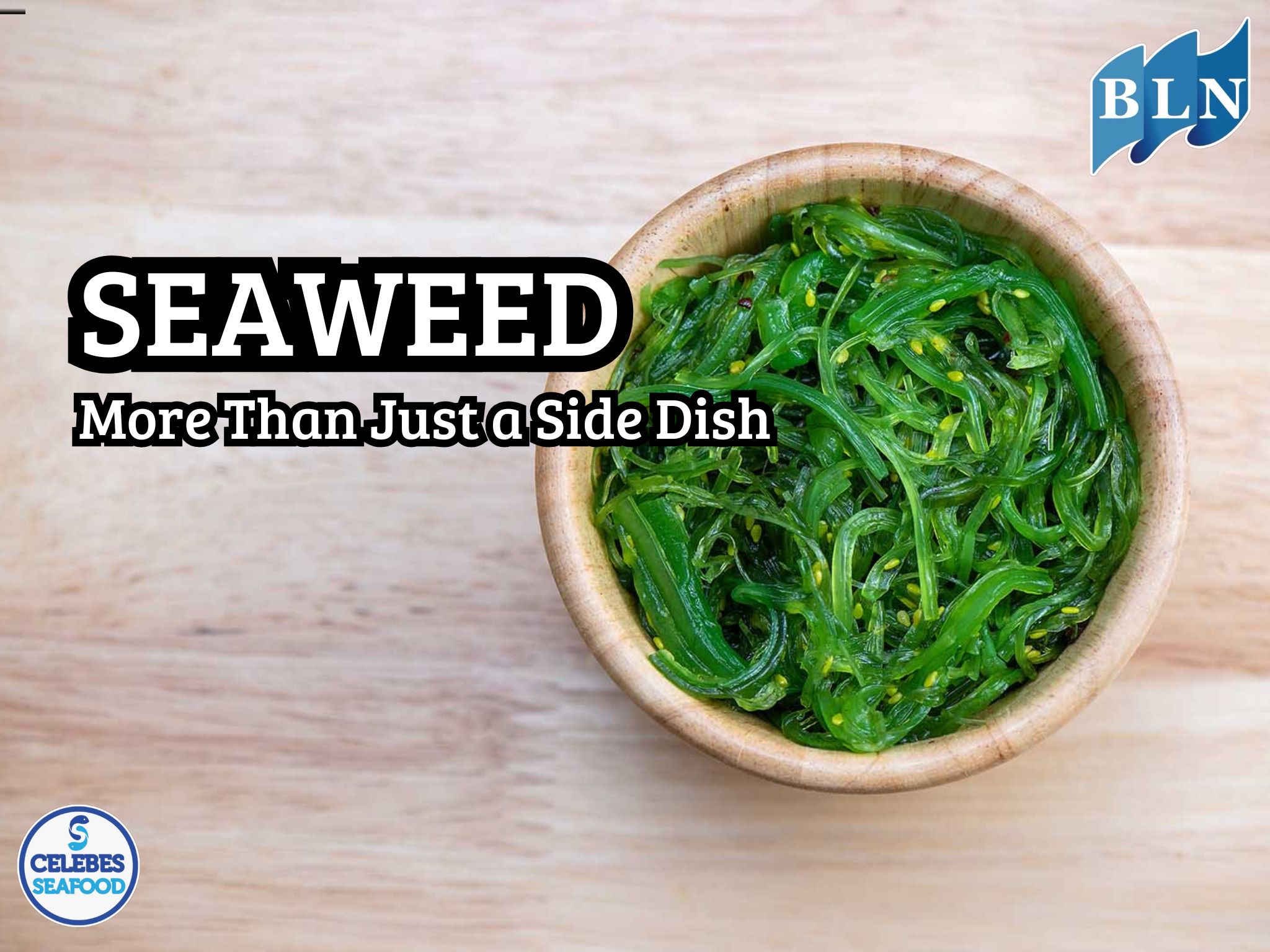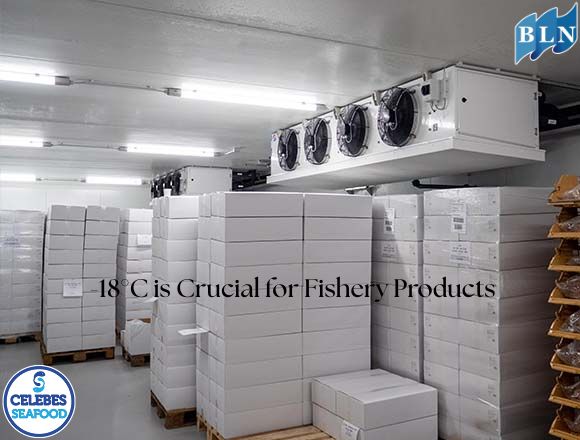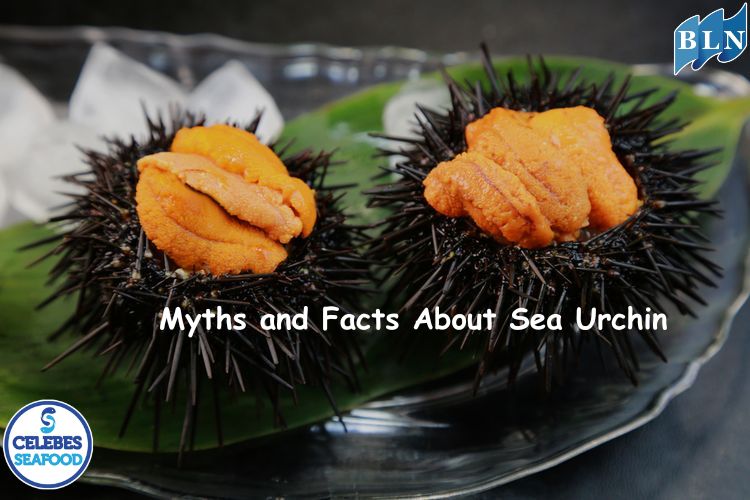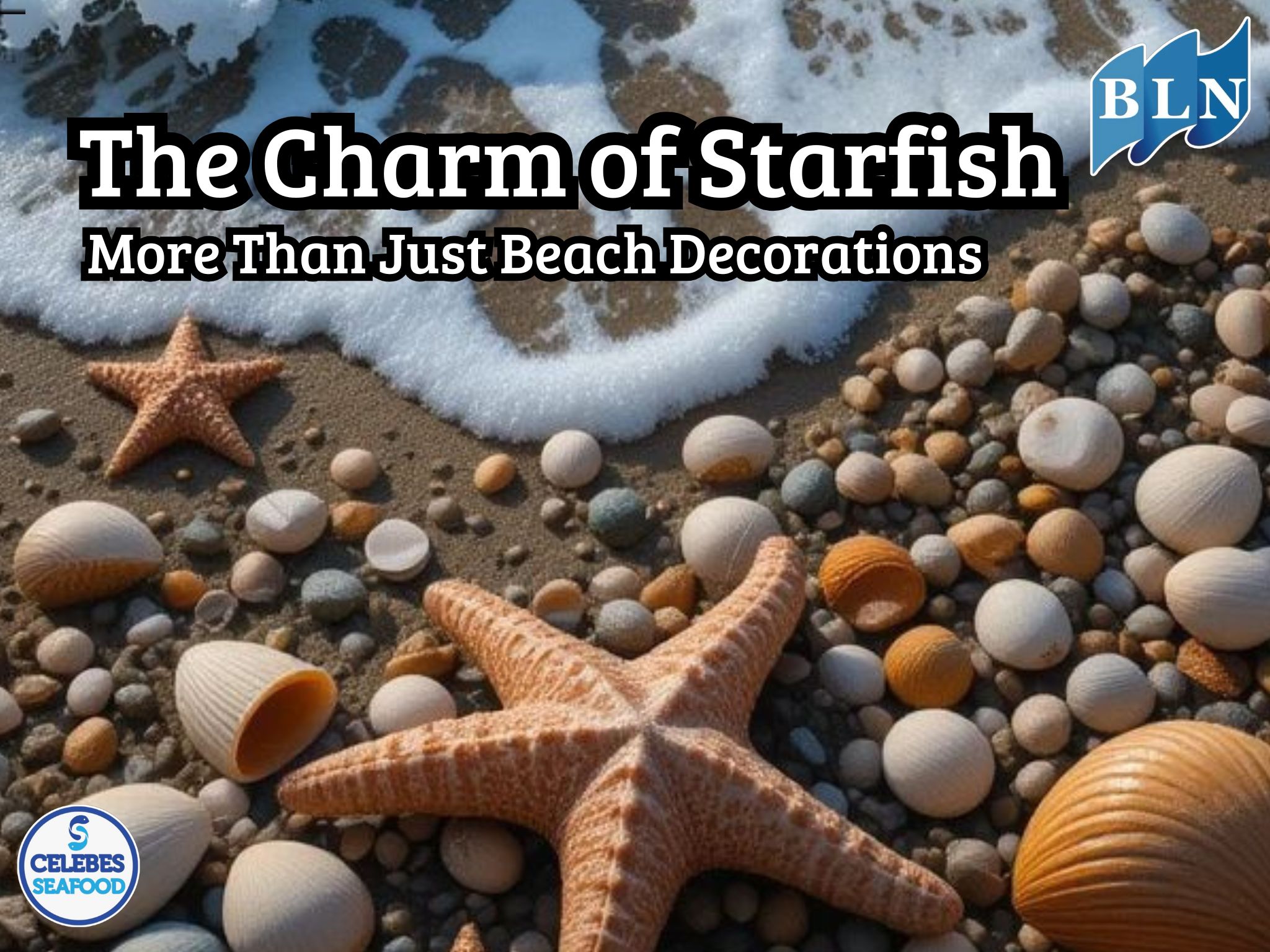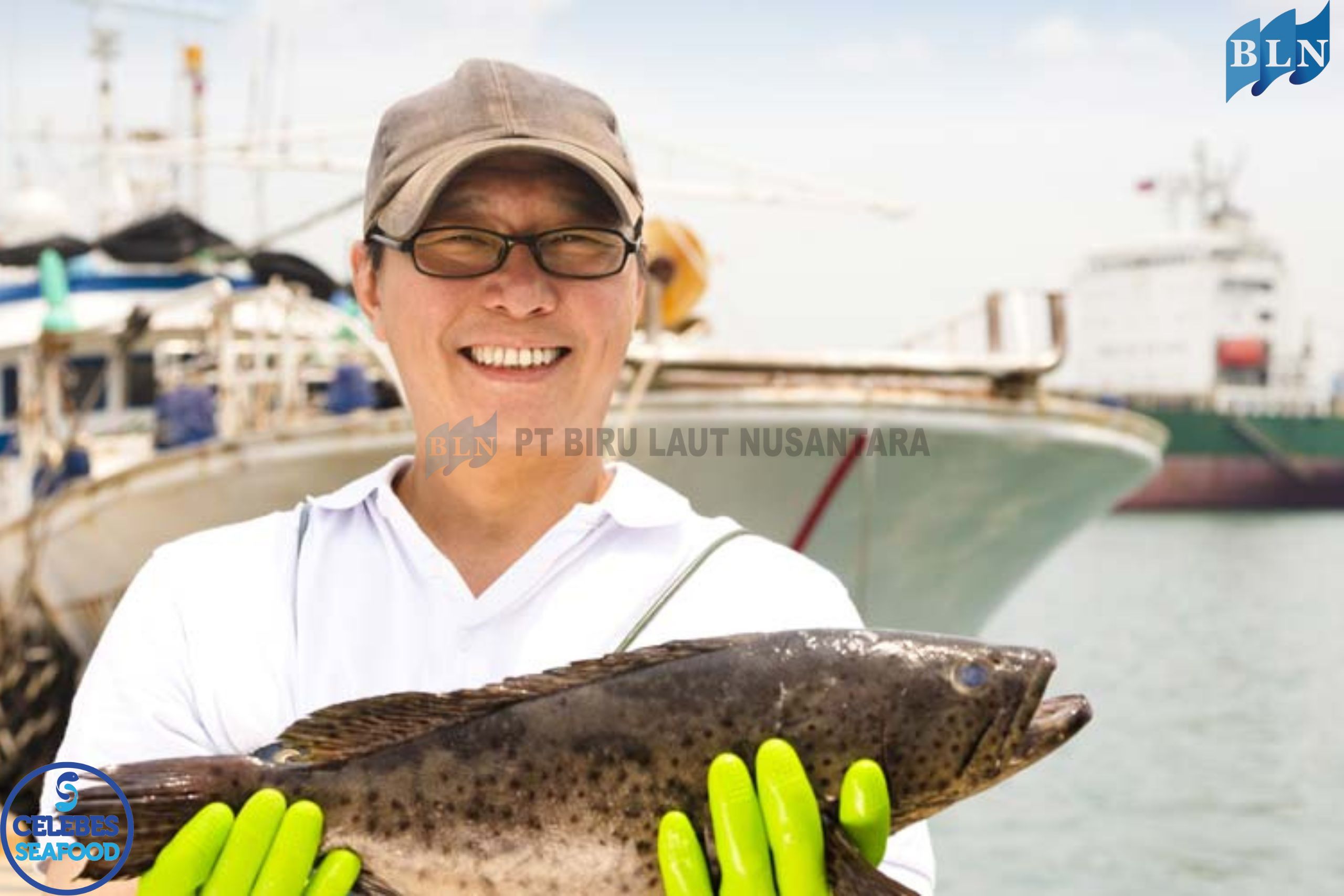These Are The 4 Best Fish Parts To Make Compost
By. Nevanda - 11 Apr 2023
lautnusantara.com - You can use various parts of fish for composting, including the heads, bones, skin, and guts. These parts are particularly rich in nitrogen and phosphorus, which are essential nutrients for plants.
1. Heads
Clean the fish head from any meat and scale, then you can chop the head into smaller pieces using a sharp knife or a pair of garden shears. If you're concerned about the smell of the fish head, you can also consider adding a layer of carbon-rich materials, such as dried leaves or shredded paper, on top of the fish head. This will help to absorb any odors and create a more pleasant composting environment.
Read also: Fish Waste Potential to Become Compost
2. Bones
They are an important source of calcium and other minerals. When decomposing bones, first, you need a very active, big and hot compost. Composting by burying the bones in the garden might have been the way in the old days, but is not the way to go here. Secondly, you need to break the bones so that the process is hastened. You will be able to freely add the chopped-up pieces at the center of the pile so that decomposition occurs as quickly as possible.
3. Skin
Fish skins can also be composted inside a composting bin, like regular fish or other fish meats. The fish skins, like other fish scraps, offer nitrogen to the composting bin, which is a necessary part of the process. As such, when composting the fish skin, mix it with some plant waste, like leaves, barks, and sawdust, which will offer carbon, the other necessary part of the composting process.
4. Guts
They decompose quite easily and quickly, unlike the skins. All you need is to cover them well in the pile, so as not to attract pests as they decompose. The other reason is that they will decompose quickly in the middle of the composting pile and will therefore not produce lots of foul odors.
Read also: Here Are 11 Fishing Area In Indonesia
Keep in mind that it's best to use fish scraps in moderation, as they can be quite potent and may overwhelm the other materials in your compost pile. Using a mix of different organic materials will help to balance the nutrient content of your compost and ensure that your plants receive a well-rounded diet.
Remember to turn your compost pile regularly to ensure that all of the materials are evenly mixed and decomposing properly. Over time, the fish parts will break down and release valuable nutrients that will help to nourish your plants and improve the health of your soil.
Read also: This Ebi Furai Recipe Is a Must Try
